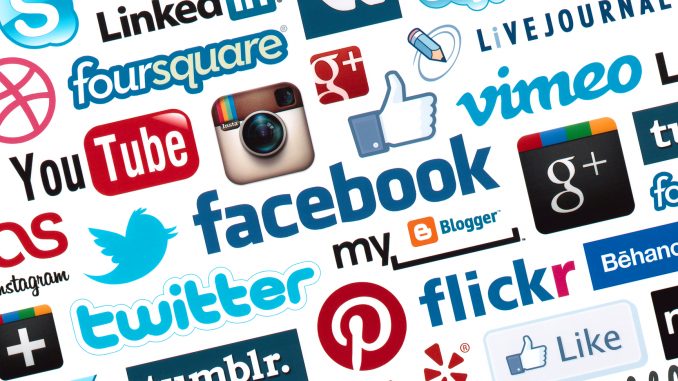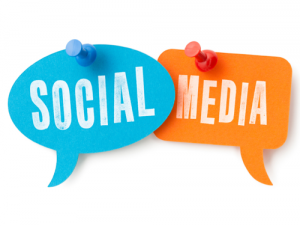
Patrick McConnell, Contributing Writer|
In the age of fake news, how do we determine what is reliable anymore? How can the public possibly remain up to date on everything that is going on in the world around them? While social media might not be an entirely credible source for factual information, more and more people rely upon it as a place to do exactly that.

The current obsession that society has with social media outlets is alarming, to say the least. Not only are people growing more and more accustomed to using social media to escape their realities, but they tend to lose grasp of reality. Someone could tweet something totally false, and if it has enough impressions and attention, it might just become believable.
Social media outlets have trending pages, where users could go to stay up to date with current events, both going on within one’s own community, as well as the world. The reality is that it’s not always credible news pages that are getting the most attention; the attention they do get may not always be considered satisfactory.
On September 10, the New York Post tweeted an article, explaining: “A study has found drinking young people’s blood could help you live longer and prevent age-related diseases.” The tweet was accompanied by a photo of what appears to be a fictitious vampire after drinking blood, and was responded to with total disgust and rebuttal. Ironically, anyone who opened and read the article in its entirety would know that the authors never actually suggest the cannibalistic action. The article merely states that a species has better means to live longer if they are injected with the blood of a much younger member of that species.
In today’s age, social media usage could be immensely dangerous. One factor that proves this is the existence of “bots,” or fake accounts that pose as real people, created by the site to further whatever agenda they may have. According to Newsweek, of the 52 million users that follow Donald Trump’s twitter, “over a quarter are not real people.”
Likewise, these same users could very well come across a tweet with many likes and retweets, or from someone who is Twitter verified, and believe them wholeheartedly. The more that people are convinced that they should believe something, the less effort they enact to fact check.
Yet another aspect of social media that proves delusion is the presence of parody accounts. Parody accounts pretend to be actual people or organizations. They post content to their fans, who may genuinely believe that they are real. Parody accounts don’t necessarily have to pose as someone or something else, however. A parody Twitter account that pretends to be a legitimate news source, called “The Onion,” regularly tweets fictitious articles that likely have a fair share of sincere believers.
What’s truly scary about social media is how fast and how accessible everything is. In an instant, a person’s career could be over after the exposure of some controversial past being exposed. People will believe anything and everything, just as long as they want to believe it. Credibility is thrown out the window and the media continues to be made out as an enemy to the public.
Today, anything and anyone could be disproved with the allegation that it is “fake news.” The truth is, there is no such thing as fake news; what constitutes something to be ‘news’ requires validity, legitimacy and objectivity. Anything else that you may find on social media with no sincere research or evidence to it, isn’t news; it’s propaganda.
Leave a Reply